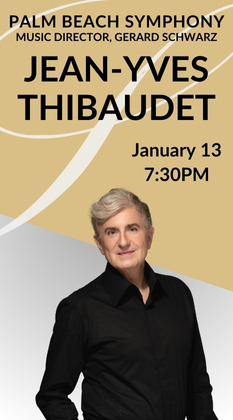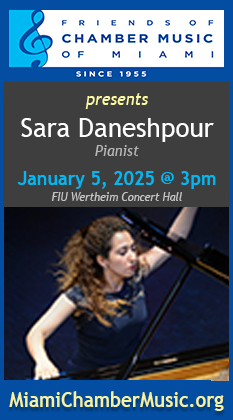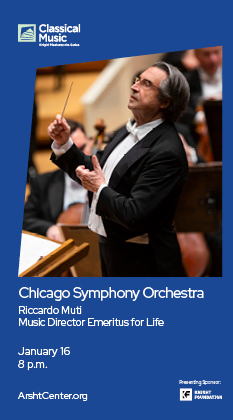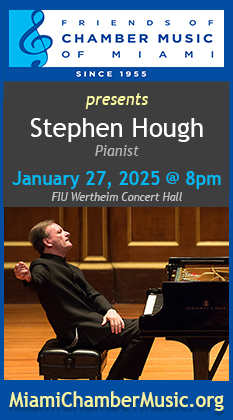Master Chorale gives moving life to Mozart’s Requiem

There are few legends more curious than that surrounding the composition of Mozart’s final work, his Requiem. The ailing composer, received his commission to write the piece in 1791 at the behest of a tall thin stranger dressed in grey. One of two stipulations required that he complete its composition in the shortest possible time, the other, that he make no attempt to uncover the identity of the man who was purchasing the music. Mozart, already saddled with depression from debt, and physical disorders that were to rob him of life, believed the stranger’s visit was prophetic, and that he was being told to write his own Requiem before his time ran out.
Joshua Habermann and his Master Chorale of South Florida joined with soloists and the Boca Raton Symphonia in presenting Mozart’s Requiem, along with the composer’s Te Deum at Miami’s Trinity Episcopal Cathedral on Friday night.
Habermann elected to use the completion by pianist and Mozart scholar Robert D. Levin rather than the usual familiar version by Mozart’s pupil Franz Sussmayr.
There is a degree of controversy with Levin’s completion, mostly centering around the elaboration of a fugal Amen that closes the Lacrimosa. While Mozart’s sketches for this exist, it was never composed, and Sussmayr certainly never took on the challenge. While much of Levin’s extended effort is faux Mozart, he does a pretty good imitation of the real thing, if without the composer’s genius.
Habermann, aided by the potent professionalism of his four soloists, gave a spirited and moving performance of this personal and deeply felt work. The Tuba mirum benefitted from the sonorous bass of Teppei Kono, and the important solo trombone complemented him in well executed dialogue. Soprano Susan Williams and tenor Tony Boutte are both on the faculty of the Frost School of Music, and mezzo-soprano Misty Bermudez is known for her work as a member of Seraphic Fire. They blended well in ensembles, and emerged from the Cathedral’s swimmy acoustics in fine fettle once the ear adjusted to the sound.
The Master Chorale is a large and very well trained group. They sounded excellent and projected reasonably well, though it would be good to hear them in less resonant venues. The reduced orchestral forces, drawn from the Symphonia, played with clarity and strength, thereby contributing immeasurably to the presentation.
Mozart’s Te Deum laudamus for chorus and orchestra was performed prior to the Requiem. It was written when the composer was 13 years of age, takes all of ten minutes, and is rarely heard today. Associate conductor Richard Skirpan made the most of his opportunity, but the piece shows none of the genius to come, save the young composer’s skillful handling of the tools of composition.
The program will be repeated 8 p.m. Saturday at Boca Raton High School and 3 p.m. Sunday at the Broward Center for the Performing Arts (Amaturo Theatre) in Fort Lauderdale. http://masterchoraleofsouthflorida.org.
Posted in Performances
One Response to “Master Chorale gives moving life to Mozart’s Requiem”
Leave a Comment
Sat Apr 17, 2010
at 1:55 pm
1 Comment







Posted Apr 23, 2010 at 12:47 pm by Len
I heard the performance at the Amaturo, where the sound was fine.